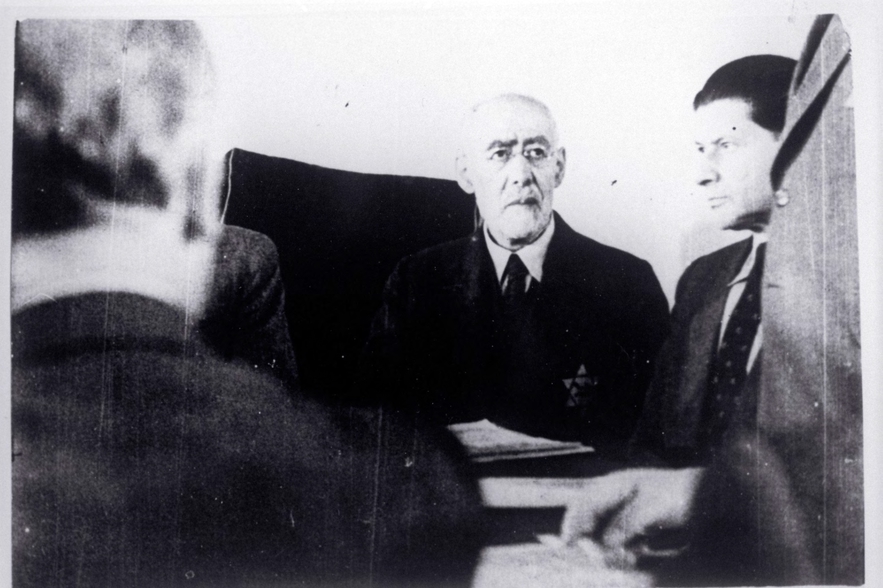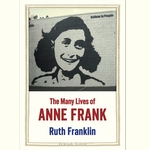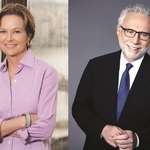Ethical Dilemmas for Religious Leaders in Times of Crisis

Hosted by Leo Baeck Institute New York | Berlin and FASPE (Fellowships at Auschwitz for the Study of Professional Ethics)
The rise of National Socialism, an ideology that sought to assimilate all social institutions toward its political ends, forced a reckoning for those in fields that once valued their independence from the state and political concerns. This played out not just in the professions, such as business, journalism, law, and medicine, but also in religion. Join us as our panelists Michael A. Meyer (Hebrew Union College) and Susannah Heschel (Dartmouth College) examine the excruciating choices faced by Jewish religious leaders, such as Rabbi Leo Baeck, as well as the response of Church leaders to National Socialism.
When he was elected to head the Reich Representation of German Jews in 1933, Leo Baeck had to continually weigh the value of principled opposition and almost certain martyrdom against the limited opportunities he had to reduce harm to his flock – all while maintaining the unity of a diverse Jewish community under threat. Famously, Baeck personally foreswore emigration even as he worked tirelessly to facilitate the escape of others.
Christian leaders did not face the same existential threat, but they grappled with how to respond to a regime that was at best indifferent and sometimes hostile to the church. For example, the "German Christian" movement within the Lutheran Church eagerly set about taking steps to harmonize its theology with a völkisch ideology, even revising scripture to remove Jewish influences. More theologically conservative elements resisted what they perceived as a threat to the autonomy of the Church, but only a small number of individuals ever overcame an ingrained attitude of Christian anti-Judaism to resist the Nazi's racial policies.
Our panel will discuss how the institutions, the theology, the training, and the personal moral vision of these religious leaders impacted their choices.
About the Panelists
Michael A. Meyer is the Adolph S. Ochs Professor of Jewish History Emeritus, Hebrew Union College-Jewish Institute of Religion, Cincinnati. Meyer is the author of more than 200 articles and reviews as well as numerous books, including Response to Modernity: A History of the Reform Movement in Judaism and the biography, Leo Baeck: Living a Religious Imperative in Troubled Times (2020).
Susannah Heschel is the Eli Black Professor of Jewish Studies at Dartmouth College. Her scholarship focuses on Jewish-Christian relations in Germany during the 19th and 20th centuries, the history of biblical scholarship, and the history of antisemitism. Her numerous publications include Abraham Geiger and the Jewish Jesus (University of Chicago Press), which won a National Jewish Book Award, and The Aryan Jesus: Christian Theologians and the Bible in Nazi Germany (Princeton University Press). She is the editor, with Robert P. Ericksen of the volume Betrayal: German Churches and the Holocaust (1999).
About FASPE
Fellowships at Auschwitz for the Study of Professional Ethics (FASPE) is devoted to the study of contemporary ethical issues in the professions by studying the role of the professions in the crimes of National Socialism. FASPE offers fellowships to students pursuing professional degrees in business, journalism, law, medicine and religion, as well as to early-career professionals in these fields. Fellows in each of FASPE’s five programs spend two intensive weeks in Germany and Poland, visiting Auschwitz and key historical sites in Berlin and Krakow, and participating in rigorous seminars led by experts in their respective fields. Fellows begin their studies by examining the roles their professional counterparts played in Germany and elsewhere from 1933–1945, and then draw on historical, cultural, philosophical, literary and discipline-specific sources to explore the ethical issues facing their fields today.


